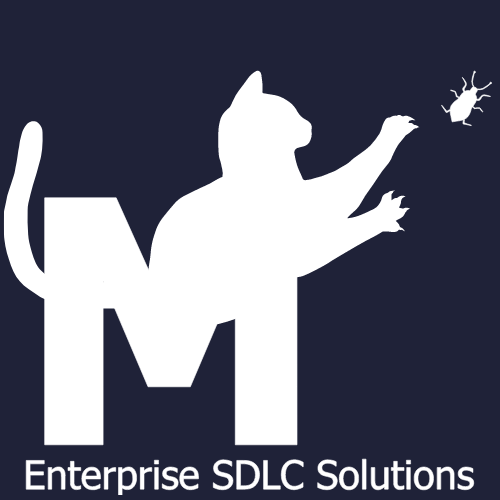Source code management (SCM) is a critical tool for any software development team. It allows you to track changes to your code, collaborate with others, and revert to previous versions if something goes wrong.
Without Source Code Management (SCM), you're at risk of losing work, introducing bugs, and making it difficult to collaborate with others.
How Source Code Management Can Save Your Code (and Your Sanity)
One of the biggest danger of not having source code management is the risk of losing work. This can happen for a variety of reasons, such as accidentally deleting a file, formatting your hard drive, or having your computer stolen.
Without source code management, there's no way to track your changes to the code. This means that if you lose a file, you'll also lose all of the changes you've made to it. You'll have to start from scratch, which can be a major setback.
Imagine a team of developers working on a new project. They're all excited to get started, but they don't have a branching strategy in place. This means that everyone is pushing their code directly to master branch (production).
At first, this doesn't seem like a big deal. Everyone is making progress, and the project is moving along smoothly. But then, one day, a bug is introduced into the code.
The bug is small at first, but it quickly snowballs. Soon, the entire project is affected. The team is scrambling to fix the bug, but it's too late. The project is delayed, and the users are frustrated, stakeholders are not satisfied at this situation.
The team realizes that they need to implement a branching strategy. This will allow them to test changes in a lower environment before pushing them to production or UAT environment. If they had had a well established Source Code Management strategy that also includes a branching strategy in place from the beginning, they could have avoided this entire mess.
Source code management can help you avoid losing work by:
- Tracking all of your changes to the code.
- Providing a way to revert to previous versions of the code.
- Through Branch Strategy better code review by team leads or cross team members
If you're not using source code management, you're putting your work at risk.
Why did the cat cross the Git repo?
To get to the other branch!
Another danger of not having source code management is the risk of introducing bugs into your code. This can happen when two developers make changes to the same file without coordinating their changes. The changes can conflict with each other, and this can lead to bugs.
Without source code management, it can be difficult to track down the source of a bug. This can make it difficult to fix the bug, and it can also lead to more bugs being introduced.
Source code management can help you avoid introducing bugs by tracking all of your changes to the code, providing a way to merge changes from different developers, and detecting and preventing conflicts between changes.
This means that you can always see what changes have been made to the code, and you can easily merge changes from different developers. This helps to ensure that the code is consistent and that there are no conflicts between changes.
How You Can Implement Source Code Management Into Your SDLC
Source code management (SCM) is a critical tool for any software development team. It allows you to track changes to your code, collaborate with others, and revert to previous versions if something goes wrong.
To implement Source Code Management into your SDLC, you will need to:
Analyze your project’s needs. To benefit from Source Code Management properly, you first will need to analyze what the project requires and what Source Code Management elements can be implemented in order to help make the development process smoother and more efficient.
Choose a SCM solution. There are many different Source Code Management solutions available, so you will need to choose one that can meet the project’s requirements as well as fit your team’s working style.
Train your team on how to use Source Code Management. This will help them to understand how to track changes to the code, collaborate with others, and revert to previous versions.
Integrate SCM into your development process. This means making sure that Source Code Management is used throughout the development process, from planning to testing, from testing to production release.
Source code management is a critical tool for any software development project. It can help you to track changes to your code, collaborate with others, review your code whenever you want, and revert to previous versions if something goes wrong.
If you're not using Source Code Management, we strongly suggest that you implement it to your project as soon as possible. There are many different Source Code Management solutions available, so you can find one that meets the needs of your project. You can also contact us to learn more about our SDLC solutions and consultation services.

